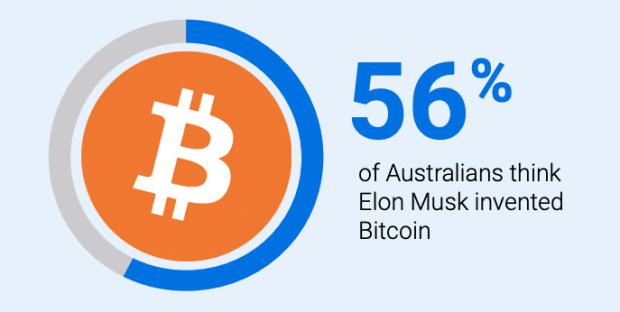ETFs and Financial Tools in the Cryptocurrency Market

After a brief hiatus, the Let’s Talk Bitcoin show is back with an informative episode on the intersection of “Wall Street” financial tools and the Bitcoin space. For those who are unfamiliar with how mainstream financial tools are being applied to cryptocurrencies, this episode serves as an ideal primer to become well-informed on the topic.
The episode features an hour-long interview with Caitlin Long. A 22-year Wall Street veteran who has been active in the Bitcoin space since 2012, Long is the former chairman and president of enterprise smart contract platform Symbiont and founder of the Wyoming Blockchain Coalition.
While discussing the topic of exchange-traded funds (ETFs), the hosts examine the opportunities a person has to “invest” in bitcoin without actually using it, such as hosting nodes or even simply having a public key. Largely uninterested in participating in the decentralized project of Bitcoin, these Johnny-come-latelys mainly want to make a quick buck.
The episode details two main topics: the exact specifics of these financial tools and some of the potential market risks associated with them. The conversation includes opinions on the possible implications of these financial tools and what they could mean for the success of Bitcoin’s vision.
For more episodes of Let’s Talk Bitcoin and other podcasts on cryptocurrency and related topics, subscribe to the Let’s Talk Bitcoin Network.
This article originally appeared on Bitcoin Magazine.









